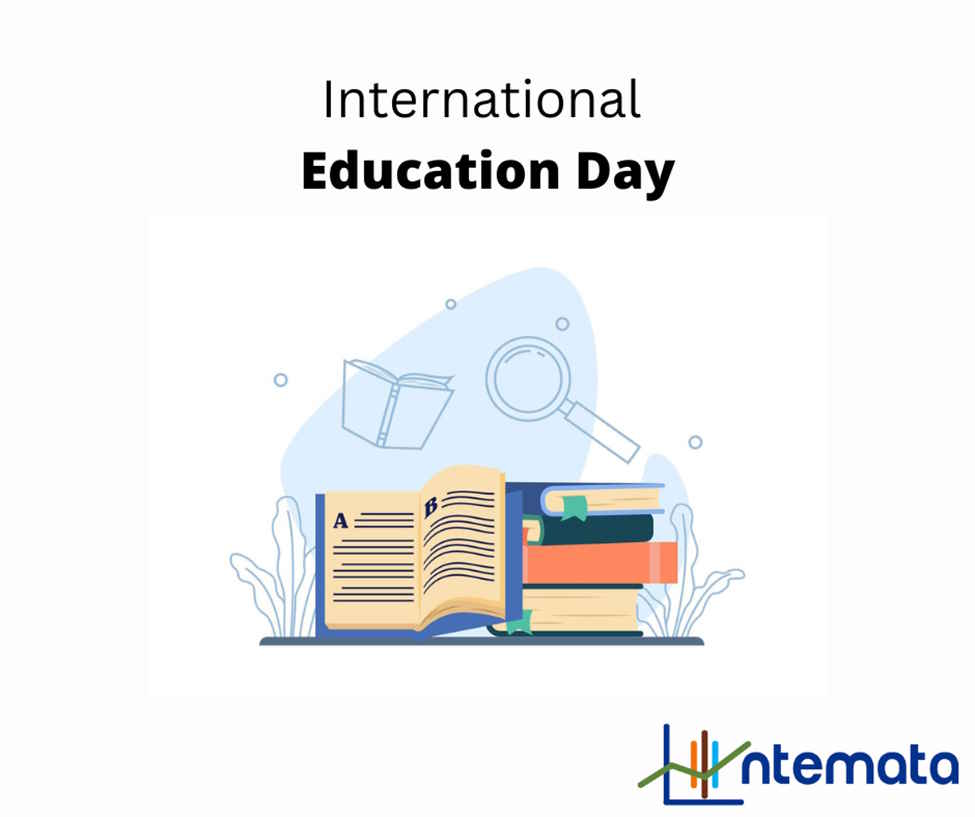
In recent years, the integration of technological tools and platforms has revolutionized traditional teaching and learning methods not only in the country but also across Africa and the world.
As we celebrate World Education Day, it’s essential to acknowledge the profound impact that technology has had on the education sector.
One significant advancement in this regard is the adoption of e-assessment platforms like #ntemata, reflecting a shift towards more efficient, accessible, and student-centric evaluation processes.
The Evolution of Education Technology
The education sector has witnessed a rapid evolution with the integration of technology.
From smart classrooms and interactive whiteboards to online learning platforms, the digital transformation has been instrumental in providing students and educators with new and innovative ways to engage with educational content.
One notable area of advancement is the introduction of e-assessment platforms, which have streamlined the assessment and evaluation process.
The Rise of E-Assessment Platforms
E-assessment platforms, such as Ntemata, have gained prominence for their ability to deliver assessments in a digital format.
These platforms offer a range of benefits, including flexibility, scalability, and enhanced security. Gone are the days of traditional pen-and-paper exams as educators and institutions embrace the efficiency and reliability of e-assessment tools.
Benefits of E-Assessment Platforms
Accessibility and Flexibility: E-assessment platforms enable students to take exams from any location with an internet connection. This flexibility is particularly beneficial for learners with diverse schedules or those in remote areas, breaking down geographical barriers to education.
Instant Feedback: Immediate feedback is a crucial aspect of the learning process. E-assessment platforms provide real-time results, allowing students to identify their strengths and weaknesses promptly. Educators can also use this data to tailor their teaching methods and address specific areas of improvement.
Reduced Environmental Impact: The move towards digital assessments aligns with global efforts to reduce paper usage and minimize the environmental impact of traditional examination processes. E-assessment platforms contribute to sustainable practices in education.
Enhanced Security Measures: E-assessment platforms employ advanced security features to ensure the integrity of the evaluation process. From biometric authentication to plagiarism detection algorithms, these tools provide a secure environment for conducting assessments.
#ntemata: A Case Study in Technological Integration:
#ntemata, as a leading e-assessment platform, exemplifies the positive impact of technology on education.
The platform offers a user-friendly interface, a robust question bank, and customizable assessment options.
Its adaptive testing capabilities ensure that each student’s evaluation is tailored to their individual learning needs.
Conclusion:
On World Education Day, let’s celebrate the transformative power of technology in shaping the future of education.
The adoption of e-assessment platforms like Ntemata marks a significant milestone in this journey, offering a glimpse into the potential for continued innovation in the years to come.
As we navigate the digital landscape of education, it is crucial to embrace these advancements responsibly and ensure that technology remains a tool for inclusivity, accessibility, and the overall enhancement of the learning experience.
Share Article
